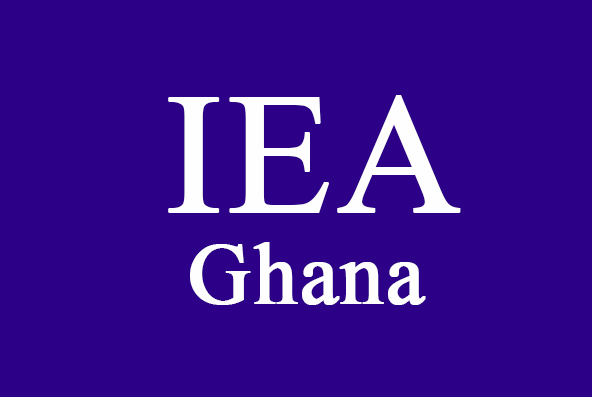The Institute of Economic Affairs (IEA) has stated that the frequency of economic crises and the International Monetary Fund (IMF) bailouts clearly demonstrate serious policy failings, which have increased the Ghana’s vulnerability to shocks.
In particular, it said, the economy has not witnessed any significant transformation since independence, producing largely primary commodities for export while relying heavily on wide-ranging imports.
“Economic policies have largely followed the orthodox neoclassical model of free markets and limited role for the state, a model that is more suitable for mature economies. The failures expected from free-market policies have not been adequately addressed, with dire consequences. Obviously, the country needs to chart a new path since repeating the same policies would not achieve different outcomes.”
“The new path should consist of transformative policies to build a resilient, self-reliant economy. It should also prioritise the leveraging of the country’s internal resources and capacities to support crosscutting transformational policies”, it explained.
As the December 2024 elections approaches, the IEA put together a set of key policies for the attention of the incoming Government, covering areas such as Macroeconomic Stability; Economic Growth and Employment; Infrastructure; Energy Security; Agriculture and Food Security and Industrialisation and Economic Transformation.
Macroeconomic instability
The IEA also expressed concern about the macroeconomic instability, in the form of high inflation, exchange rate instability, high interest rates and unsustainable debt, that it said has plagued the Ghanaian economy for a long time.
The instability, it pointed out, derives from both underlying structural weaknesses of the economy and weak macroeconomic fundamentals.
The structural weaknesses, it added, continued to constrain production and supply, while expansionary fiscal and monetary policies fuel demand pressures.
“The resulting supply demand imbalances manifest in macroeconomic instability. As the situation reaches a crisis point—and we lose policy credibility internationally—we rush to the IMF for financial bailout, backed by a program that prescribes measures aimed at restoring macroeconomic balance to the economy, without, however, addressing the fundamental structural weaknesses. After each programme, however, we return to our old bad ways of fiscal profligacy accommodated by monetary expansion, which generates another episode of instability—and the cycle repeats itself.”
It concluded that the programme apart from the economic hardship that macroeconomic instability inflicts on Ghanaians, without stability, sustained high growth will be difficult to achieve.
Therefore, it called for the country to chart a new path of entrenching macroeconomic stability.
Latest Stories
-
George Twum-Barimah-Adu pledges inclusive cabinet with Minority and Majority leaders
36 mins -
Labourer jailed 5 years for inflicting cutlass wounds on businessman
36 mins -
Parliament urged to fast-track passage of Road Traffic Amendment Bill
37 mins -
Mr Daniel Kofi Asante aka Electrician
37 mins -
Minerals Commission, Solidaridad unveils forum to tackle child labour in mining sector
43 mins -
Election 2024: Engagement with security services productive – NDC
44 mins -
Retain NPP for the good of Ghana – Rebecca Akufo-Addo
44 mins -
‘Let’s work together to improve sanitation, promote health outcome’ – Sector Minister urges
45 mins -
Ellembelle MP cuts sod for six-unit classroom block at Nkroful Agric SHS
48 mins -
‘I’ll beat the hell out of you if you misbehave on December 7’ – Achiase Commanding Officer
51 mins -
AFPNC leads the charge on World Prematurity Day 2024
57 mins -
Court remands unemployed man over theft of ECG property
1 hour -
Election security rests solely with the police – Central Regional Police Command
1 hour -
NCCE engages political youth activists at Kumbungu on tolerance
1 hour -
‘In Mahama’s era students lacked chalk, but are now receiving tablets’ – Bawumia
1 hour

